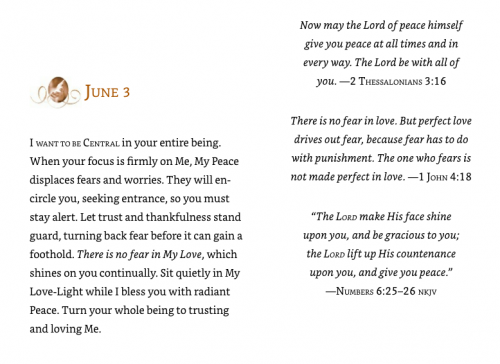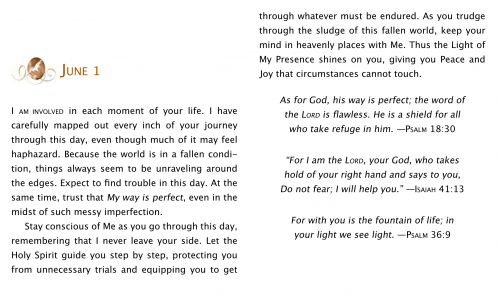Letting Go of What Used to Be
God is doing new things, Jesus proclaimed, but only those with new minds and hearts can see a new world breaking through the cracks of the old.
—Ilia Delio, The Hours of the Universe
If evolution is the language of growth and change, then an evolving faith is one that accepts and even embraces change. While the word change normally refers to new beginnings, real transformation happens more often when something falls apart. The pain of something old cracking apart or unraveling invites us to evolve instead of tightening our controls and certitudes. Episcopal priest Stephanie Spellers is a leading thinker on change and growth in the church, and sees the current challenges of church and society as way of God “cracking open” people for greater possibility:
Institutions and cultures are durable partly because they obey the law of inertia. [1] Even if you think you’ve exerted a strong external push and knocked a moving object or an entire institution off its set course, wait. Just wait. With barely a nudge, the object will drift right back to its original path.
Think of your own experience. When you see a crack, what’s your first instinct? Push the pieces back together and patch it over. Eventually a contractor comes with the bad news: there is deep damage here, and if you don’t address it, before long the whole structure will be fundamentally compromised. You sigh and negotiate. I don’t know about you, but I have a surprising capacity to delude myself about how broken the structure is. With enough duct tape and rope, I will get back to normal. [I call this “rearranging the deck chairs on the Titanic!”]
So it is for a nation and a church. In the midst of displacement, destabilization, and decentering, Americans and church folks have been tempted to replace, restabilize, and recenter. Let’s return to the building. Let’s encourage the protesters to come off the streets. . . . Let’s move past division. Let’s reestablish majority American Christianity in its former, privileged cultural post.
Or we could acknowledge the unraveling, breaking, and cracking [Richard: what we are calling “unveiling” in this year’s meditations] as a bearer of truth and even a gift. Perhaps, as [Alan] Roxburgh suggested, the Holy Spirit has been nudging and calling Christians “to embrace a new imagination, but the other one had to unravel for us to see it for what it was. In this sense the malaise of our churches has been the work of God.” [2] . . . A church that has been humbled by disruption and decline may be a less arrogant and presumptuous church. It may have fewer illusions about its own power and centrality. It may become curious. It may be less willing to ally with the empires and powers that have long defined it. It may finally admit how much it needs the true power and wisdom of the Holy Spirit. That’s a church God can work with.

